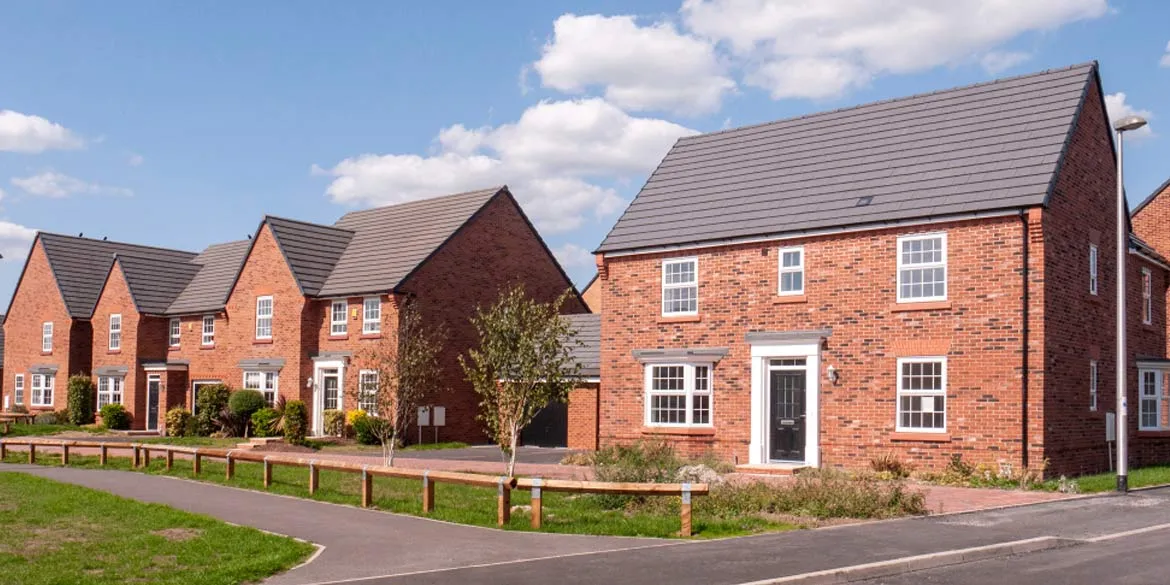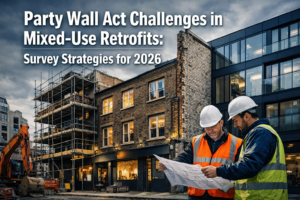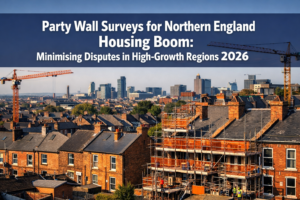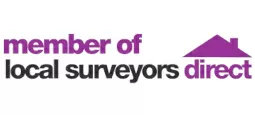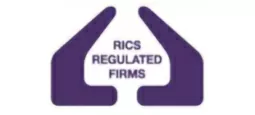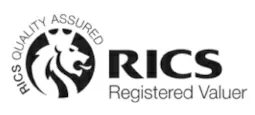Buying a home can be cumbersome, as a home is a huge investment. The process can be very complex and requires multiple inspections and assessments to make sure that you are truly making the right decision. The inspections that could take place are RICS (Royal Institution of Chartered Surveyors) Home Surveys which are vital to understand the condition in which the property you may potentially invest in. Whether you are a first-time buyer or a seasoned homeowner, preparing for a RICS Home Survey can help you be prepared and make the most of the process of inspections for your home and help you be more aware of the decisions you make.
The Royal Institution of Chartered Surveyors (RICS) is a professional body that sets and enforces standards for the surveying profession worldwide. As part of its role, RICS provides guidelines for surveyors when conducting home surveys. These guidelines outline the minimum standards for a home survey, ensuring that the surveyor provides a consistent and thorough assessment of the property. RICS guidelines also provide information on the different types of home surveys available and when they should be used. By understanding the role of RICS and the guidelines that surveyors must follow, you will be better informed on what to expect when you commission a home survey.
First off it is crucial to understand the types of RICS home surveys are out there before we get to the preparation tips. The kind you need will vary depending on where you are in the home-buying or selling process. Our panel of RICS chartered surveyors offer customers three main types depending on their needs.
RICS Property Valuations are primarily and foremost a valuation of your property. These are the type you normally have done for tax planning, probate, insurance and matrimonial matters for instance, and not the type of valuations you would necessarily have done when buying a property.
RICS Homebuyers Report (Level 2):
This is a more detailed inspection of the property for a Level 2 RICS Surveyor which gives the condition of the property covering the risks and potential of the property highlighting any visible defects, potential problems and necessary repairs. The surveyor would inspect internal and external as part of a non-invasive inspection with a brief check on any utilities and some grounds. It contains a “traffic light” guide to any defect that may require attention.
RICS Building Survey (Level 3):
By far the most detailed and expensive of the three types of RICS surveys, an RICS Building Survey (Level 3) is useful when you are dealing with a large, older or run-down property. In addition to providing all of the information in the Level 2 surveys the surveyor will also provide you with an extensive report including information about the structure and condition of the building, a detailed diagnosis of defects, repairs and maintenance options, information about the energy efficiency of the property, a description of the construction and materials used and they will even try to outline any onerous conditions or problems that you may need to be aware of.
Helpful Tips
Do you want to be completely prepared so your RICS Home Survey runs smoothly? We have compiled a helpful list of tips and advice exclusively for homeowners.
There is a lot of action that you can take to prepare for your RICS examination, the surveyors are experienced and very skilled in surveying all kinds and conditions of the property.
However, there are some precautions that you can take which will help optimise your survey procedure and decrease the time it takes the surveyor to conduct the inspection.
Easy Access
The safety of the surveyor is essential. The surveyor will need access to all areas of your new house including the attic, basement and any outbuildings. By ensuring that the surveyor has clear access to these areas you not only minimize the risk to him, but it enables him to assess all problem points. So clear away any clutter and remove any obstacles that may stop the surveyor from carrying out a full inspection of your new house.
Make a list of any particular concerns/issues you have noticed with the property. For example damp patches, cracks, leaks etc. Although these sorts of issues are ones that a surveyor is paid to find, by making mention to the surveyor at the time of booking that there may be a certain problem with the property, you can guarantee that they will pay a little more attention to that part of the property.
Utilities and Services
Make sure the utilities that the surveyor will need are on including gas, electricity, and water. If you have had any recent work, like service or maintenance done, please have proof available for the surveyor.
The survey might turn up issues that need attention – and may need to be addressed immediately at a cost. Indeed, you may find issues that were not previously apparent but must be dealt with before the sale can go through. By budgeting for potential repair work and arranging to have this work assessed as soon as possible you can be open and realistic about what it will cost to remedy identified Issues.
After the survey
Once your survey is complete you will receive a report detailing any concerns that we may have found within the property and some of these concerns may prompt various costs for won’t of repairs, what happens next is up. to you! To get the most out of your survey, you should think about the following;
Carefully examine and take notes on the survey report
Once the survey is complete you will be able to critically review the survey report prepared by the RICS surveyor. We have developed an easy-to-understand grading system and included advice and anticipated costs where applicable. What you should pay particular attention to are the categories picked with some concerning information attached. If you have any doubts or require further advice or clarification you should be your surveyor accordingly.
Get additional help and advice
If the survey points out any significant issues or raises questions about the property you are buying, you could consider obtaining advice from a relevant professional, such as a structural engineer or building contractor. In addition to this, if there are any particular problems that you feel needs to be looked at more extensively, we can provide you with further issue-specific surveys which take a deeper dive into the problem at hand, potentially giving you a better idea of the work needed moving forward.
Follow these tips, and become involved in the survey process to get the most from your Home-buyer Survey. Remember, taking the time and effort to prepare for your RICS survey can be a valuable investment to help safeguard your purchase and offer peace of mind for many years. For more information and to book your survey, our team is always happy to help; so contact our surveyors for assistance today.


